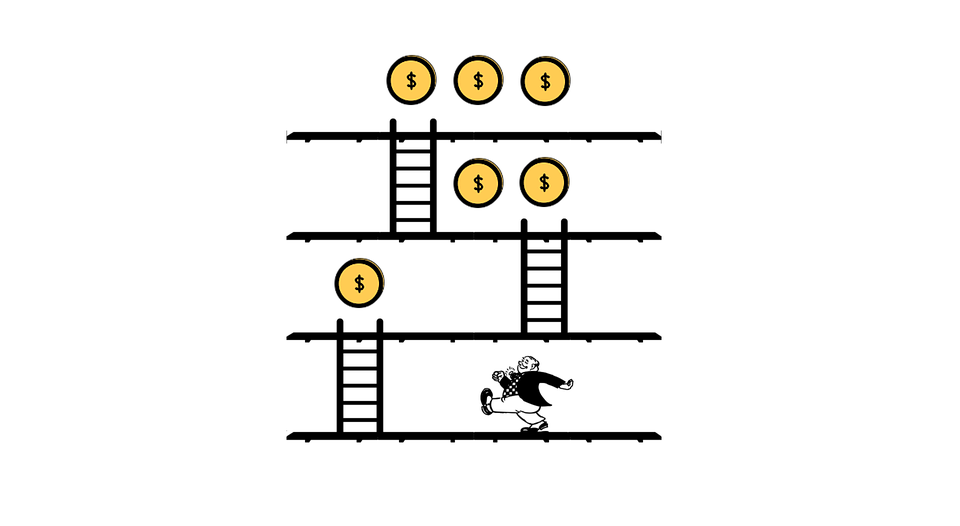
Amazon asks: “Do you want to play?”
What’s happening? Amazon has expanded its FC Games programme, which gamifies tasks at its fulfilment centres. After being launched at a single location in 2017, FC Games has gone live in 20 US states, offering employees the opportunity to earn digital rewards – such as virtual pets – by playing a range of six games at stowing and picking stations. The scheme is designed to engage staff, prevent burnout and improve productivity in the warehouses. (The Information)
Why does this matter? While the addition of gamification to Amazon’s productivity arsenal is being welcomed by select workers who find it a useful distraction from the monotony of certain tasks, questions are circulating about its effectiveness and impact.
All work and no play? Implementing gamification can have physical and psychological effects. The above article states how several Amazon workers refrained from participating in the initial gaming model due to injury concerns from overworking. Examples also already exist demonstrating the potential damage.
Laundry workers at Disneyland, for example, were subject to a tracking system which utilised colour-coded leaderboards and a points system to pit workers against each other in a bid to increase productivity. The system – labelled the “electronic whip” by employees – led to infighting, a rise in workplace accidents and the exclusion of pregnant workers who struggled to keep up with targets.
Over simplified gaming models, therefore, can have a negative impact, relying solely on competitiveness to drive results instead of encouraging specific behaviours for specific targets. This requires attention to design, an area Gartner identified would be the downfall of 80% of corporate gamification models.
Levelling up employees – Gamification can, however, be an engaging tool with 89% of employees stating they felt more productive following its introduction, according to a survey conducted by TalentLMS.
Furthermore, applying this technique to upskilling amid automation and the Covid-19 recovery could provide companies with a new method for retraining. PwC, for example, has been using a mobile trivia game to develop digital skills within its workforce. Point3 Security has also unveiled a series of challenges to discover cybersecurity talent, a sector with a significant skills shortage.
Lateral thought – Environmental causes can also benefit from gamification by encouraging people to recycle by offering incentives for placing materials in the correct recycling bins. Additionally, Northern Powergrid has managed to cut consumer electricity consumption through a mobile game app, suggesting positive applications of gamification can produce positive outcomes.


